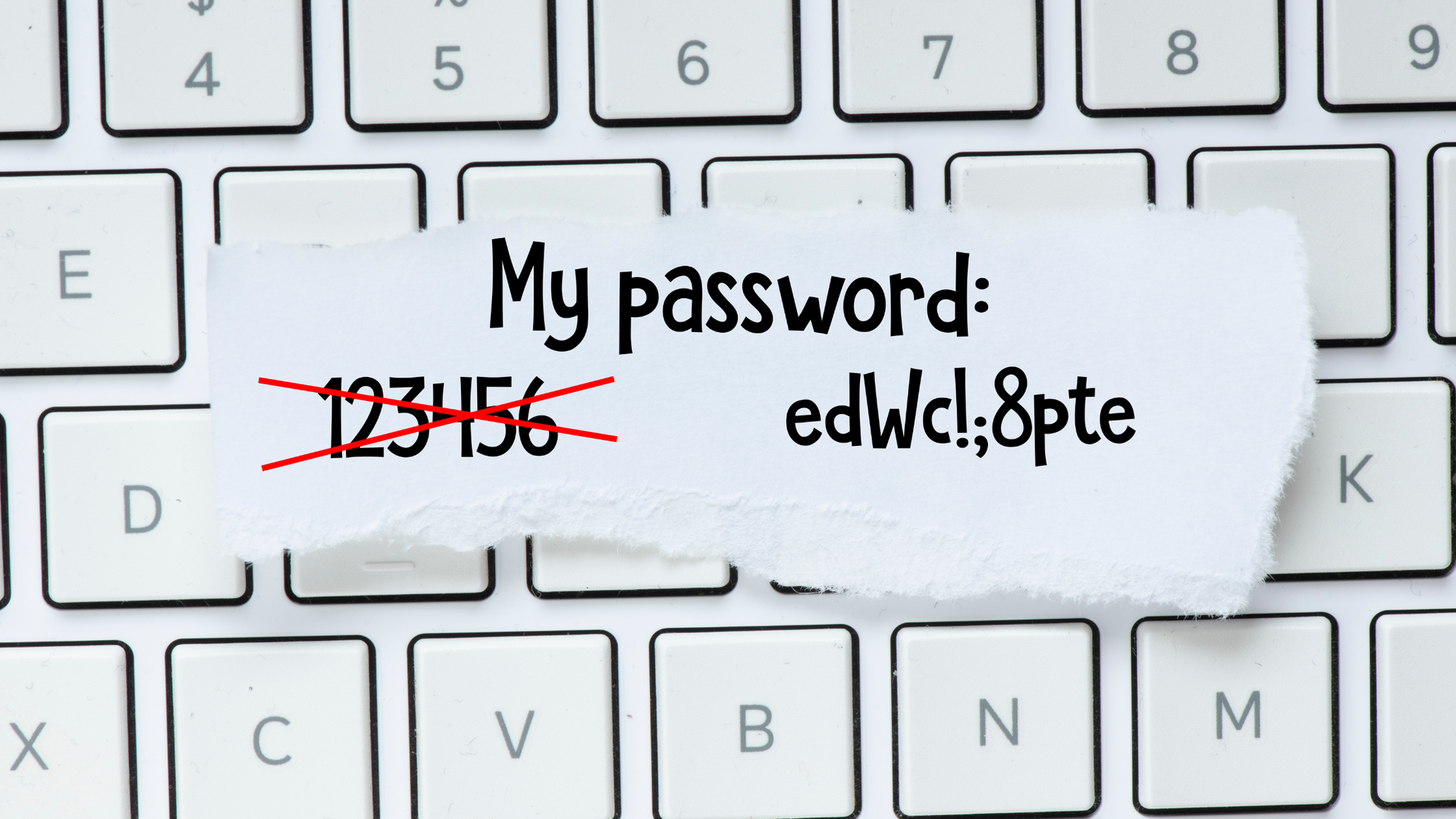Blog Layout
One in Three Not Worried About Cybersecurity Despite Rise in Threats
Leo Daniels • October 6, 2020
This is a subtitle for your new post
Around one in three (31%) people in the UK are not actively concerned about cybersecurity, according to a study by ESET.
In a survey of 2000 UK citizens, which looked at their cybersecurity habits, more than half (57%) do not believe they’ve been hacked and 46% claimed they have never noticed or fallen for an online scam or hack.
However, this is unlikely to reflect reality, with over a quarter (26%) of respondents admitting that they do not know the signs of a successful or attempted hack.
The research was conducted in order to grow awareness of the growing threats of scams to both individuals and businesses. Numerous reports have found that the number of scams have risen this year, largely linked to the health, economic and social effects of COVID-19. For instance, at the start of the crisis, there was a 667% increase in phishing emails
recorded while it was revealed last month that the UK’s HMRC is currently investigating more than 10,000 email, SMS, social media and phone scams exploiting the pandemic.
Jake Moore, cybersecurity expert at ESET UK, commented: “Scams are growing in frequency and it is becoming much harder to spot a phishing email. Possible signs you may have been hacked are more difficult to recognize, too, as criminals become more sophisticated in their art of deception. While some may not be concerned about their cybersecurity, this European Cybersecurity Month, we urge individuals to stay alert as they may be even more vulnerable in this current climate and must take extra precautions.
“Recent research from The Myers-Briggs Company showed that 47% of respondents are concerned about their ability to manage stress during the crisis – and, when people are facing financial and health stressors, they may be even less likely to pick up on signs of a hack. Remember to stay vigilant with emails, search directly for legitimate websites rather than clicking through from the email itself, always check before handing over any information – especially when it involves personal or financial data – and regularly change your passwords or use a robust password manager.”
We’re 1-fix, we can help you secure your business
At 1-fix, we take a realistic approach to technology – ensuring our client’s systems are best protected.
If you have any concerns, questions or simply want to explore how to better secure your business, please do get in touch with the team for a FREE demonstration, consultation to explore how exposed your business might be and identify actions to take.
Join Our Mailing List
Thank you for contacting us.
We will get back to you as soon as possible.
We will get back to you as soon as possible.
Oops, there was an error sending your message.
Please try again later.
Please try again later.
All sign-ups are handled inline with our privacy policy and can unsubscribe at any time.
Recent Blogs

By Craig Atkins
•
February 3, 2025
Businesses are constantly faced with decisions about how to best manage their IT infrastructure. One of the most significant choices is whether to adopt cloud services or stick with on-premises solutions. Both options have their advantages and drawbacks, and the right choice depends on your business's specific needs and goals. Let's explore the key differences between cloud services and on-premises solutions to help you make an informed decision.

By Grant Taylor-Davis
•
January 23, 2025
One of the most effective ways to protect your organisation from cyber threats is through Security Awareness Training. But what exactly is Security Awareness Training, how does it work, and why is it essential for your business? Let's explore these questions with a focus on KnowBe4, a leading platform in this field.
Get in Touch
Fill in this form to contact us and we'll get back to you ASAP (same working day where possible):
Contact Us
Thank you for contacting us.
We will get back to you as soon as possible.
Oops, there was an error sending your message.
Please try again later.
1-Fix Limited
Company Registration Number: 06543233
Registered address:
1-Fix Limited
1F02 Arena Business Centre, 100 Berkshire Place, Winnersh Triangle, Wokingham, Berkshire RG41 5RD




















